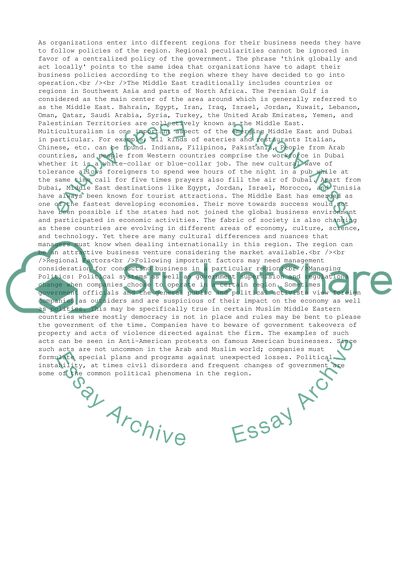Cite this document
(Globalization of Business & Policy of Regions Essay, n.d.)
Globalization of Business & Policy of Regions Essay. https://studentshare.org/business/1510184-b300-assignment-6
Globalization of Business & Policy of Regions Essay. https://studentshare.org/business/1510184-b300-assignment-6
(Globalization of Business & Policy of Regions Essay)
Globalization of Business & Policy of Regions Essay. https://studentshare.org/business/1510184-b300-assignment-6.
Globalization of Business & Policy of Regions Essay. https://studentshare.org/business/1510184-b300-assignment-6.
“Globalization of Business & Policy of Regions Essay”. https://studentshare.org/business/1510184-b300-assignment-6.


